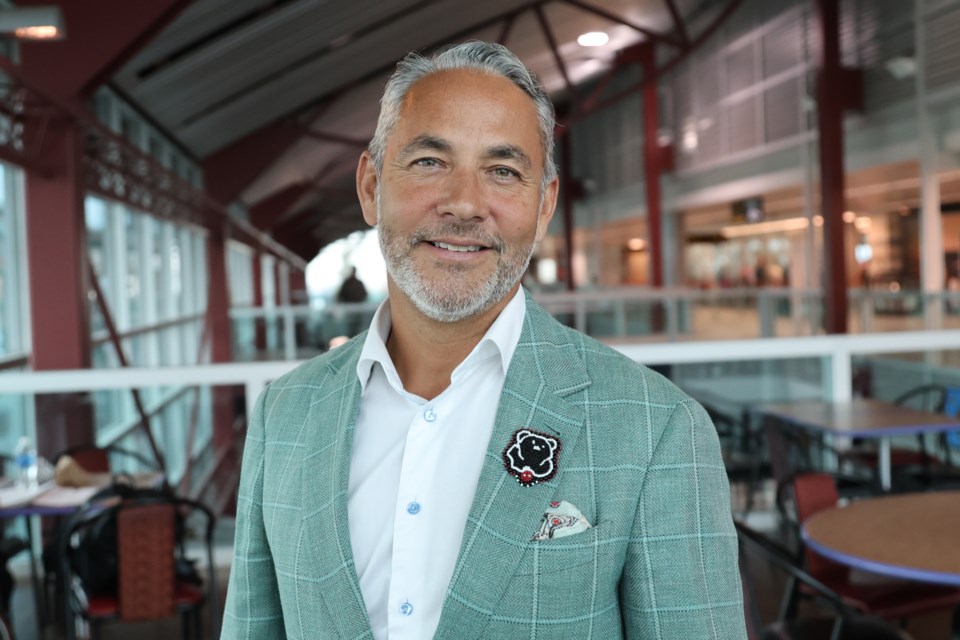BINGWI NEYAASHI ANISHINAABEK — The only Indigenous leader from Ontario on a new council expected to provide input to large-scale national development projects says it’s an opportunity to make a difference.
JP Gladu, who is from Bingwi Neyaashi Anishinaabek or Sandpoint First Nation, is one of 11 Indigenous leaders recently named by Prime Minister Mark Carney to the Indigenous Advisory Council of the federal Major Projects Office. The projects office initiative, according to a media release from the Prime Minister’s Office, will “serve as a single point of contact that gets major, transformative projects built, faster.”
It was created after the passage of the legislation formerly known as Bill C-5, which aims to fast-track development deemed to be in the “national interest.” It, along with a similar provincial piece of legislation, has drawn criticism from First Nations over what many in Ontario have said has been a lack of consultation and concerns it will sideline treaty rights in the name of economic development.
Gladu — a longtime business leader who heads his own consultation firm and sits on multiple natural resource company boards and committees — said the government “got off to a rocky start” with how it drew up and passed Bill C-5, but said having an Indigenous advisory panel and listening to Indigenous leaders as part of the project development process now is “the right move.”
“Indigenous communities … can be Canada's competitive edge if we get it right,” he said. “We need to stop looking at Indigenous communities as a hurdle, and rather start looking at us as a strength, when we get our relationships right.”
That, he said, includes communities having land oversight, leaders bringing their expertise on board and being part of equity and procurement programs.
“We can do some really great things, and it's been proven time and time again across this country,” Gladu continued. “Billions of dollars of projects have been built in this country already with equity participation and oversight and operational experience with communities.”
“We just need to do more of it in a good way.”
The Prime Minister’s Office said the advisory council includes representatives from "First Nations, Inuit, Métis, and Modern Treaty and Self-Governing communities across Canada."
Gladu said he’s not there to represent Ontario specifically, and the council won’t have veto power or be tasked with making decisions about the initiatives the Major Projects Office will be coordinating. He said his role won’t be “to speak for anybody,” but will include taking information, feedback and concerns from local and regional stakeholders and leaders and bringing them to the process.
“We are there to advise on the best way to get these projects done in a meaningful way and to advance our economic interests,” he said. “As well as trying to make sure that our culture and our lands are a big part of that conversation to make sure that that's held in the best way as possible.”
Gladu said he doesn’t expect the council will necessarily completely agree on everything all the time — “we're not a monolith; Indigenous people don't think and act the same way,” he said — but there are overarching priorities.
“(We) are tied to our land, our hope for a stronger future, economic future, for our communities,” Gladu said. “That's what binds us together — now it's how to figure that out.”
As of mid-September, he said the council hadn’t met yet. Gladu added that he’s excited to be working with diverse voices around the table.
“I'm really looking forward to working with my friends and colleagues across the country because they're going to have a wealth of knowledge to bring into this as well,” he said.
“Sometimes we're too close to the issues and we need to kind of step back and have our friends and colleagues — and even those that are opposed — to help remind us of pathways forward to make sure that we get the job done in a good way with community.”




